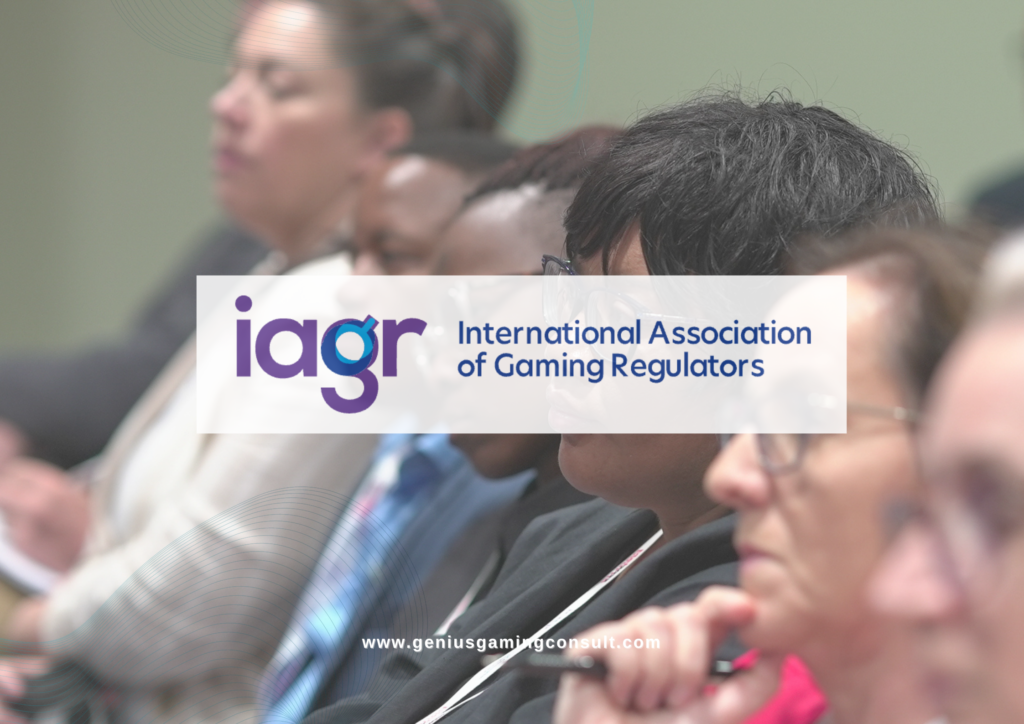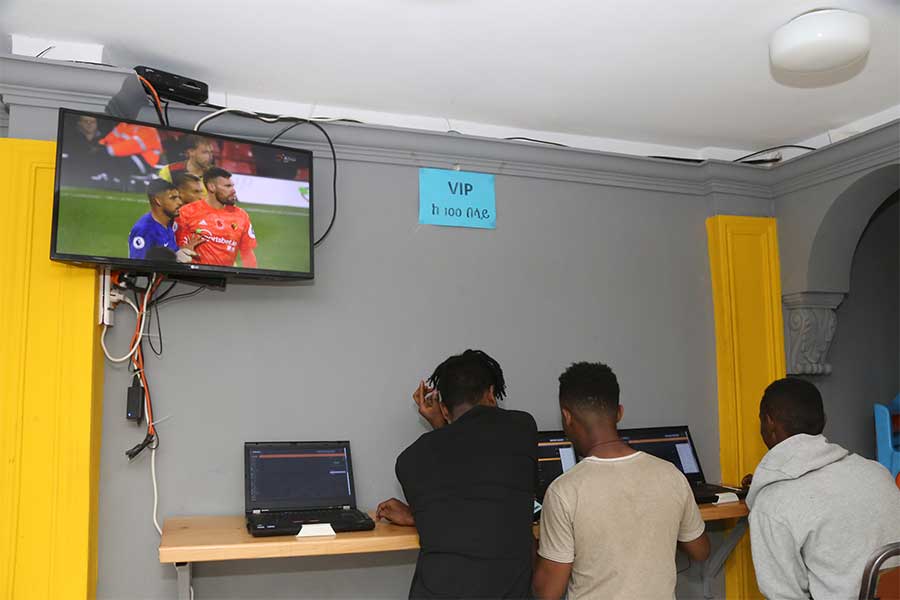
Why some sports betting operators are failing to succeed in Africa
You wouldn’t expect a pilot about to embark on a transatlantic flight to fail to run through his pre-take-off checks and review the weather forecast for the journey. So why would a business fail to engage in market research before setting out on a particular strategy, product launch, or important decision?
Pilots today face an increasingly complex array of factors they need to take into account — increased air traffic movements, gridlocked airports, more extreme weather events, and new technologies, which are supposed to make their lives easier and less stressful. Similarly, the business environment in Africa differs per market as each market has its own culture, beliefs, and traits which are faced by decision-makers today and are constantly changing.
We would like to extend our expert knowledge to all sports betting and online casino operators that have recently opened operations in Africa or plan to, due to tremendously increased mobile phone and internet penetration that came as a result of over 24 months of lockdowns that were brought about by the unprecedented outbreak of covid-19 to make sure you’re well prepared to succeed just like Pilots are always able to because they make sure to make checks prior their flights.
As fast as the iGaming industry in Africa is growing, please be advised not to jump on the train without taking your time to conduct feasibility market research about the market of your interest, to analyze key factors like what’s the ESTIMATED MARKET SIZE, KEY PLAYERS, POSSIBLE MARKET SHARES, BARRIERS TO ENTRY, LICENSING REQUIREMENTS AND COSTS, TAXATION & REGULATORY FRAMEWORKS, REPATRIATION OF FUNDS POLICY, DOUBLE TRADE AGREEMENTS, MARKETING & ADVERTISEMENT STRATEGIES among others. These feasibility market reports will help you make timely decisions while helping you mitigate the investment risk as well. We continue to see sports betting operators close shop after a few years or months of operations e.g., Betway Kenya & Uganda, 10bet Kenya, and Pulsebet Uganda among others as the list is long. While the factors are many that may have been the exact reason for their closure for example Poor marketing and advertisement strategies, product localization failure, wrong choice of market entry into Africa, gaming taxes etc. There’s no doubt most are avoidable if one takes time to prepare themselves and then launch when most boxes are ticked.
Allow us to assist you overcome all the obstacles that are hindering your revenues to take off if you’re starting to worry, for new operators let us assist you straight from feasibility market studies, license application & acquisition, marketing & advertisement, Operations setup, recruiting the right talent that will carry our experience & skills flagship for your long-term success.








